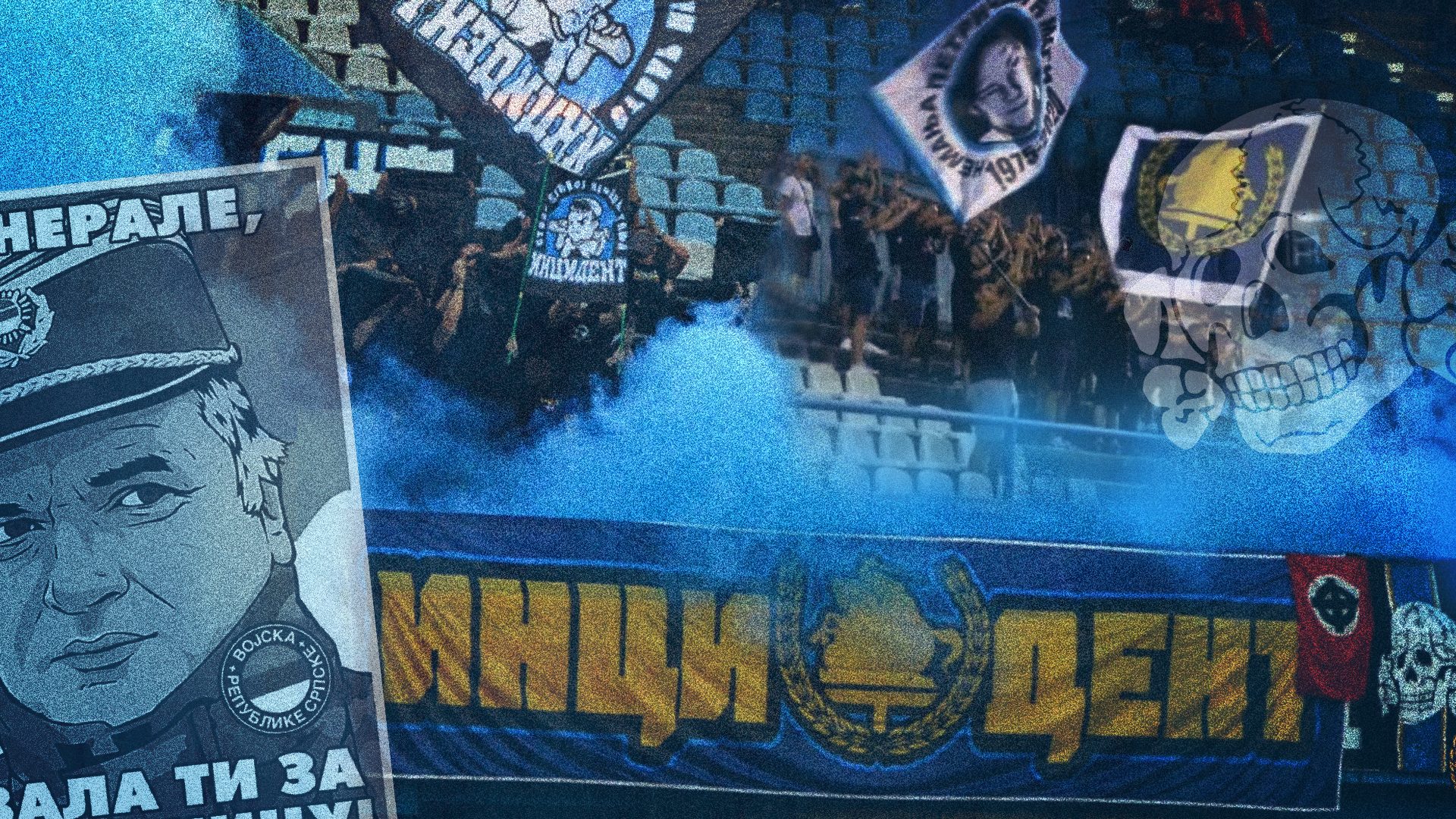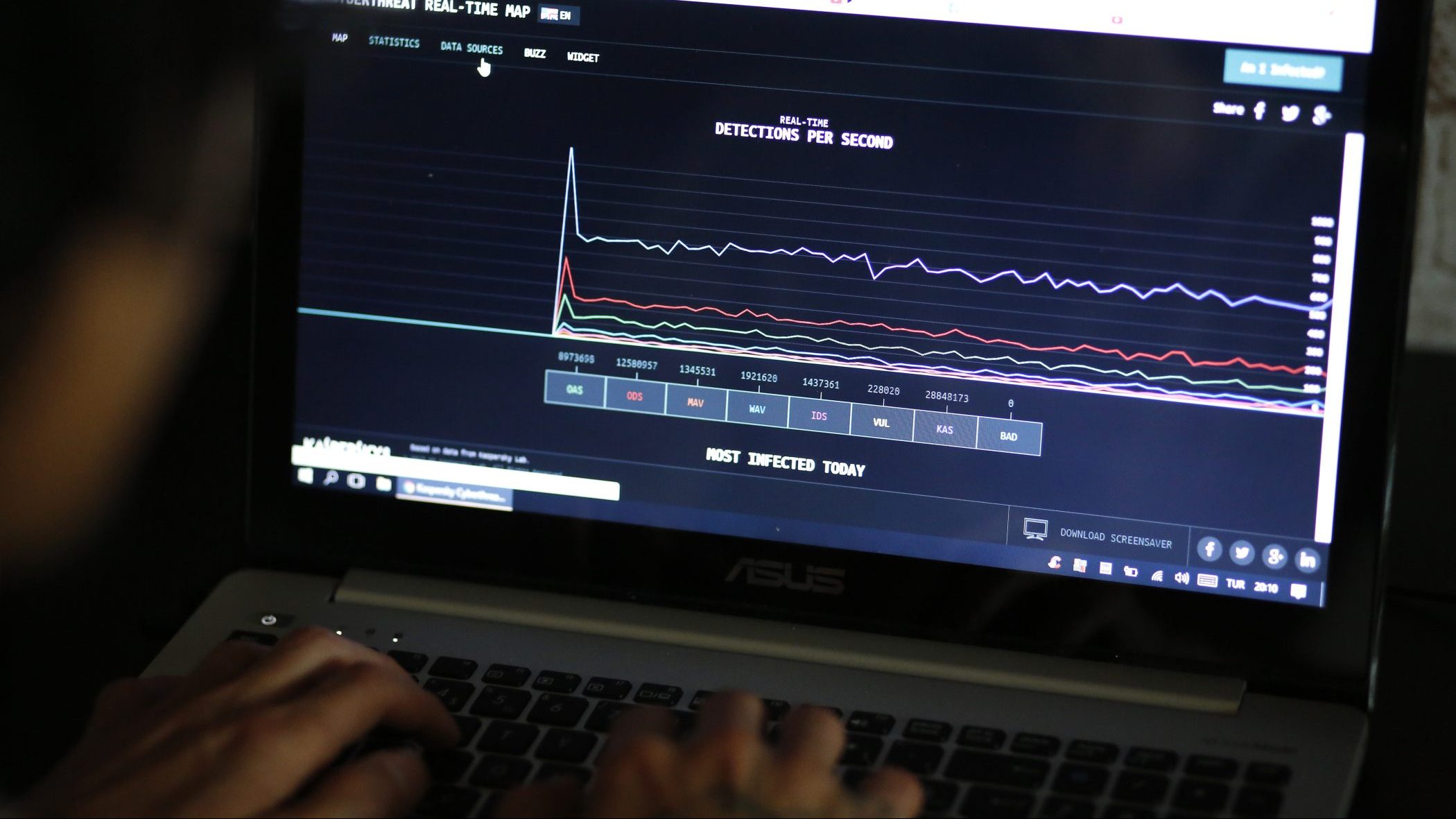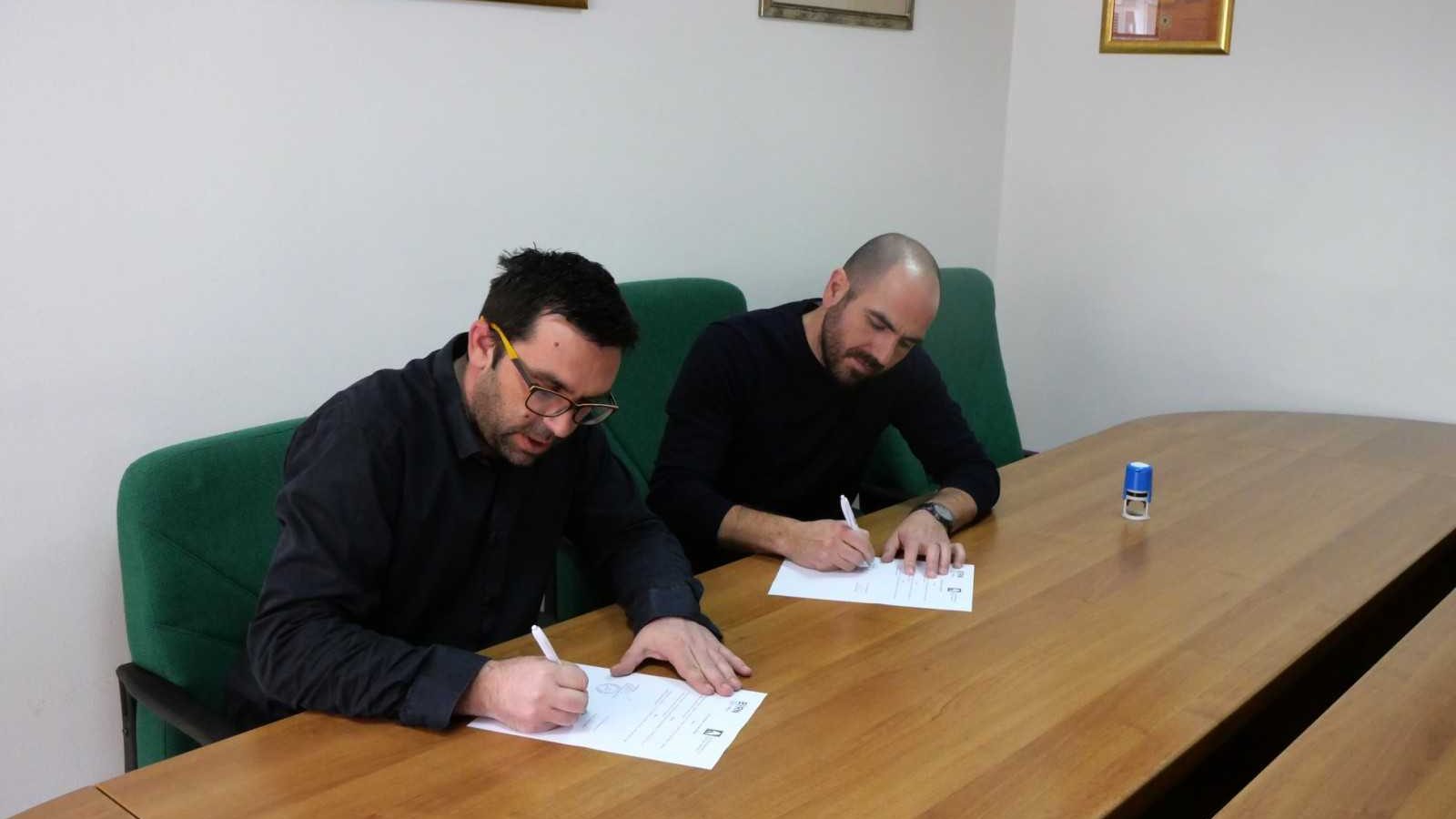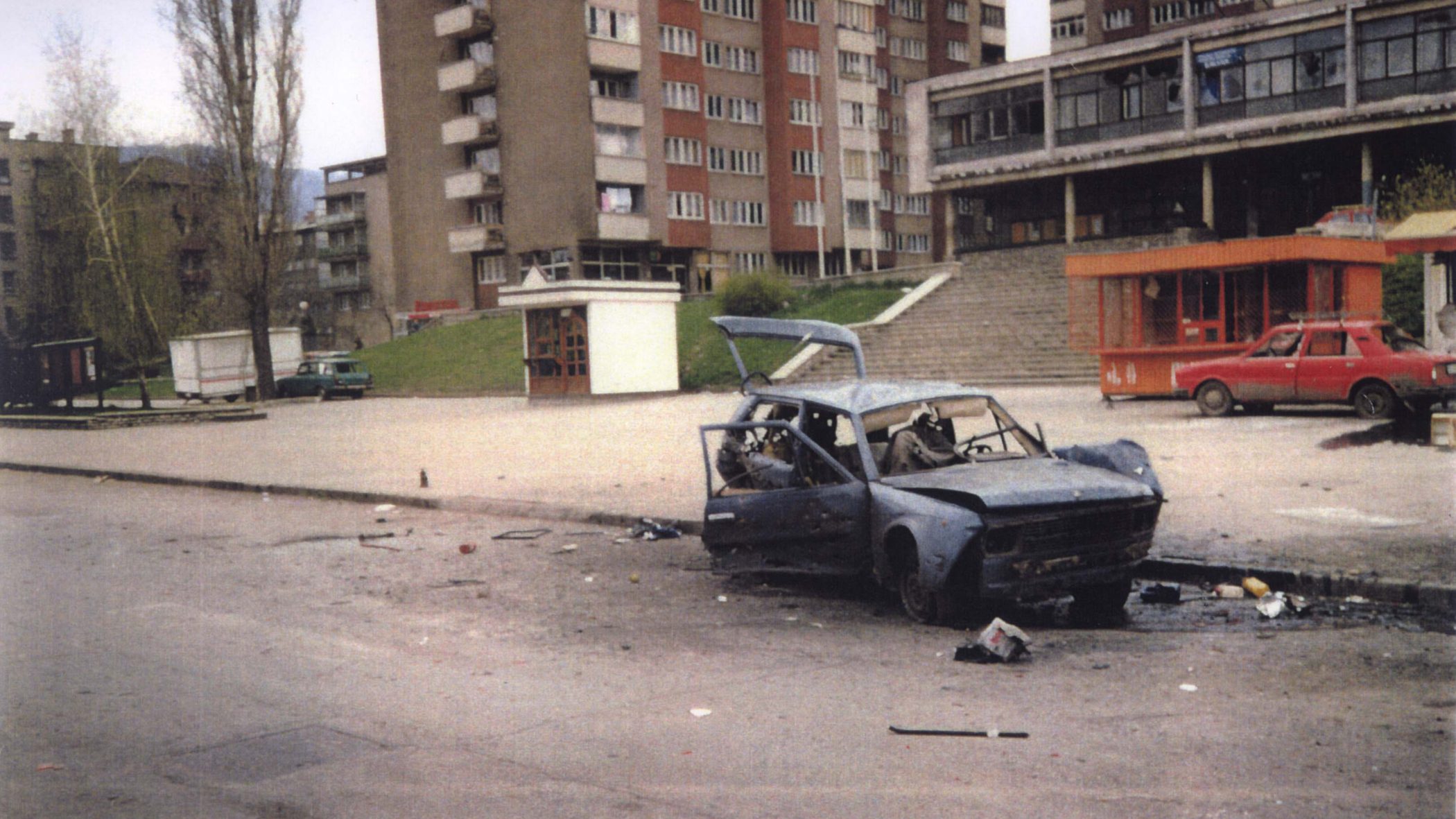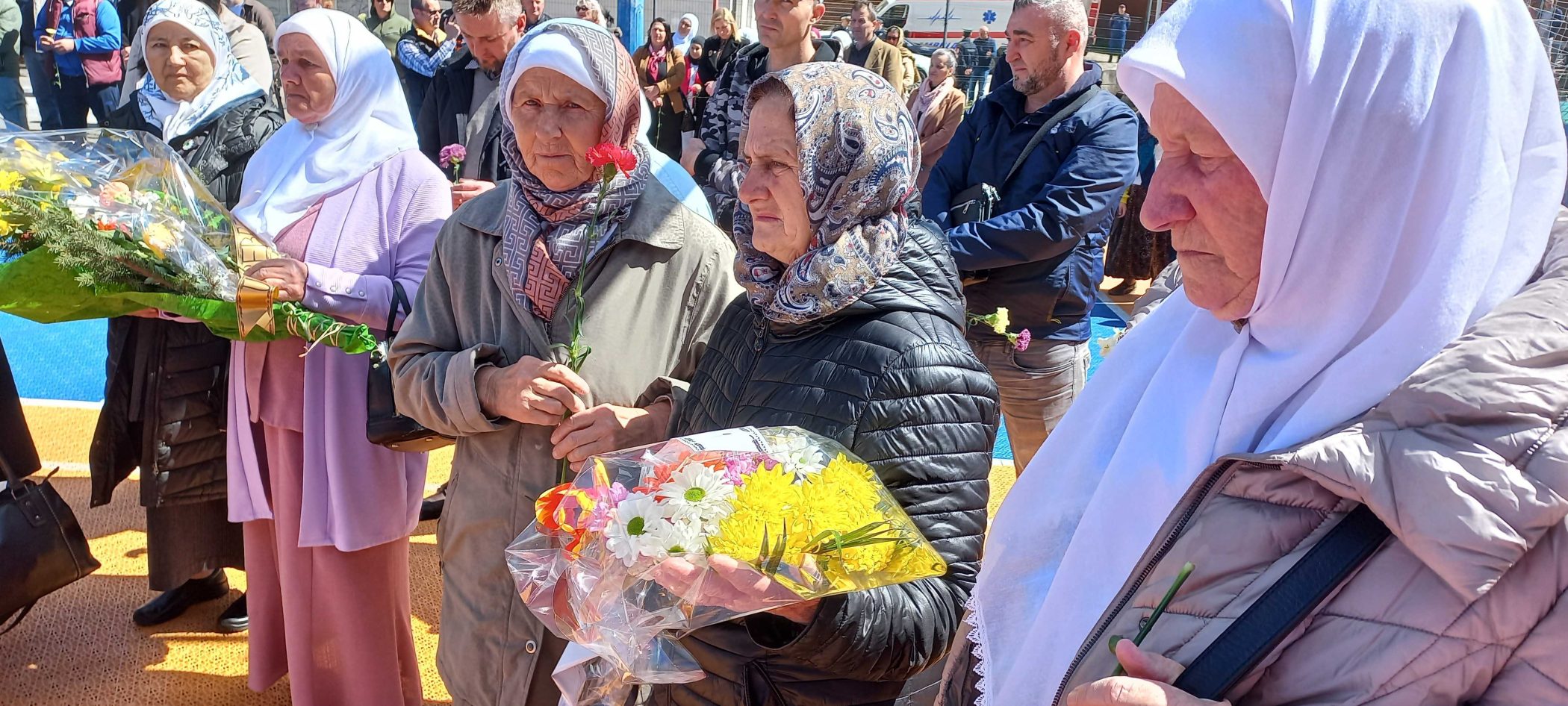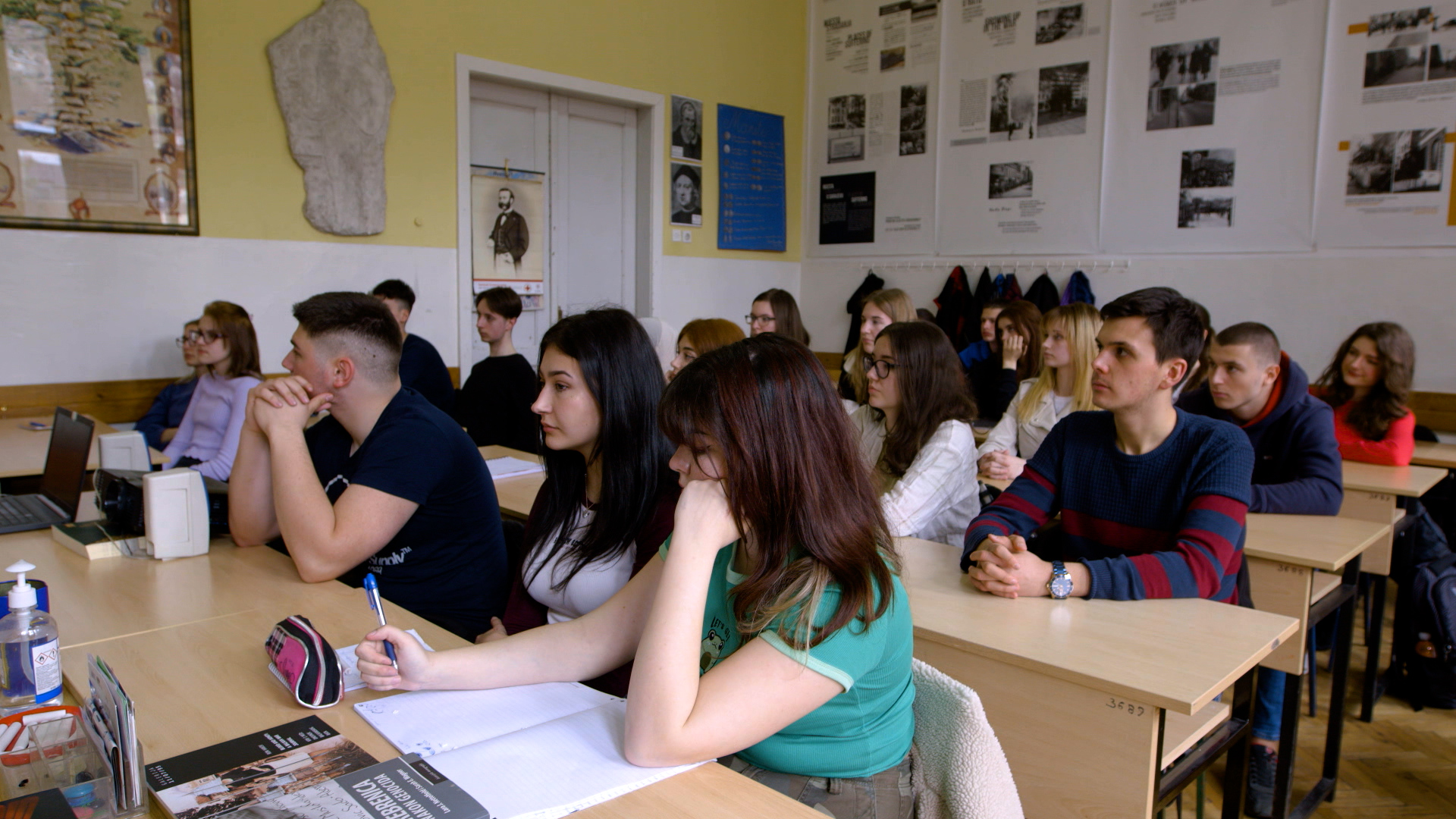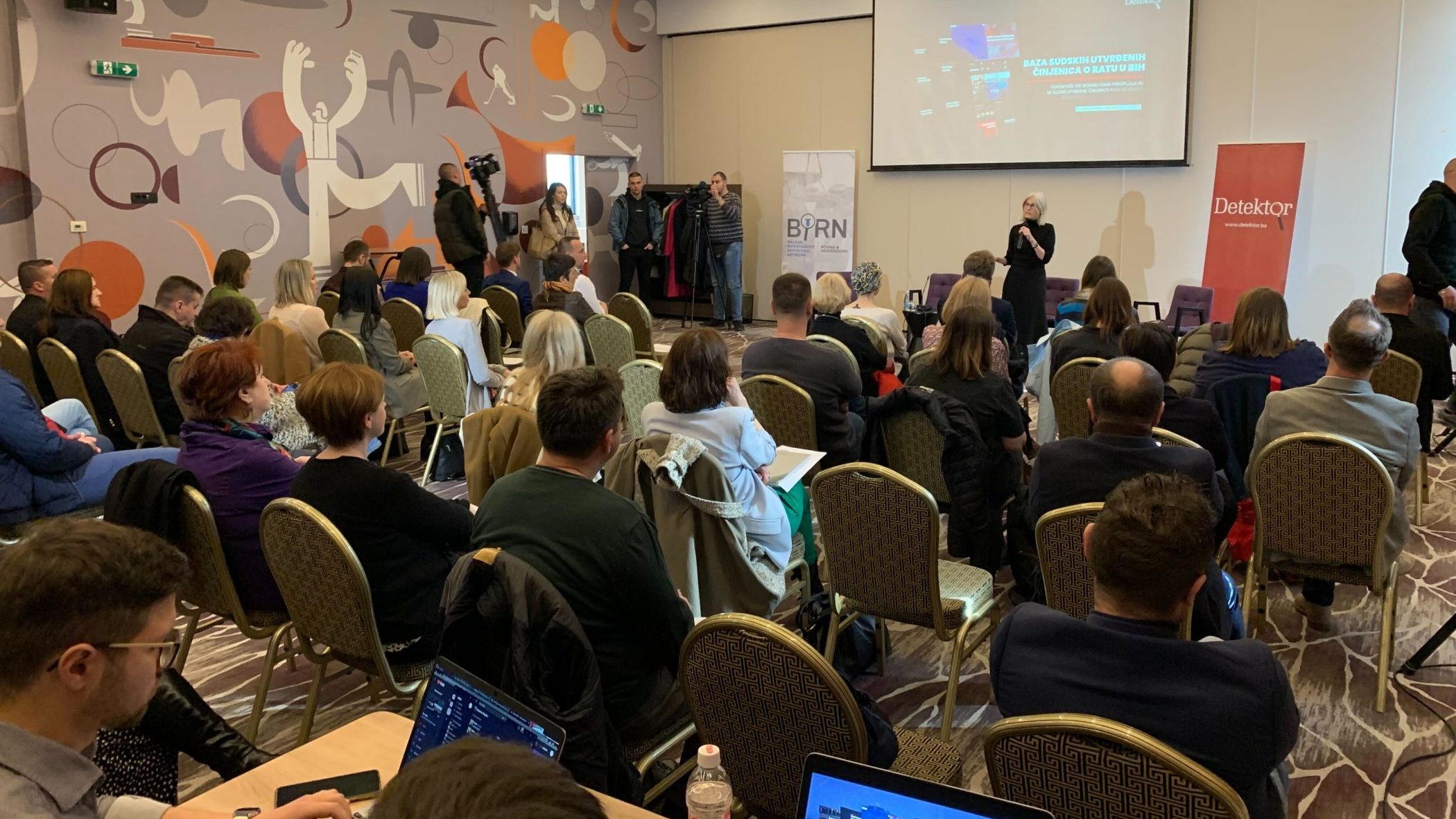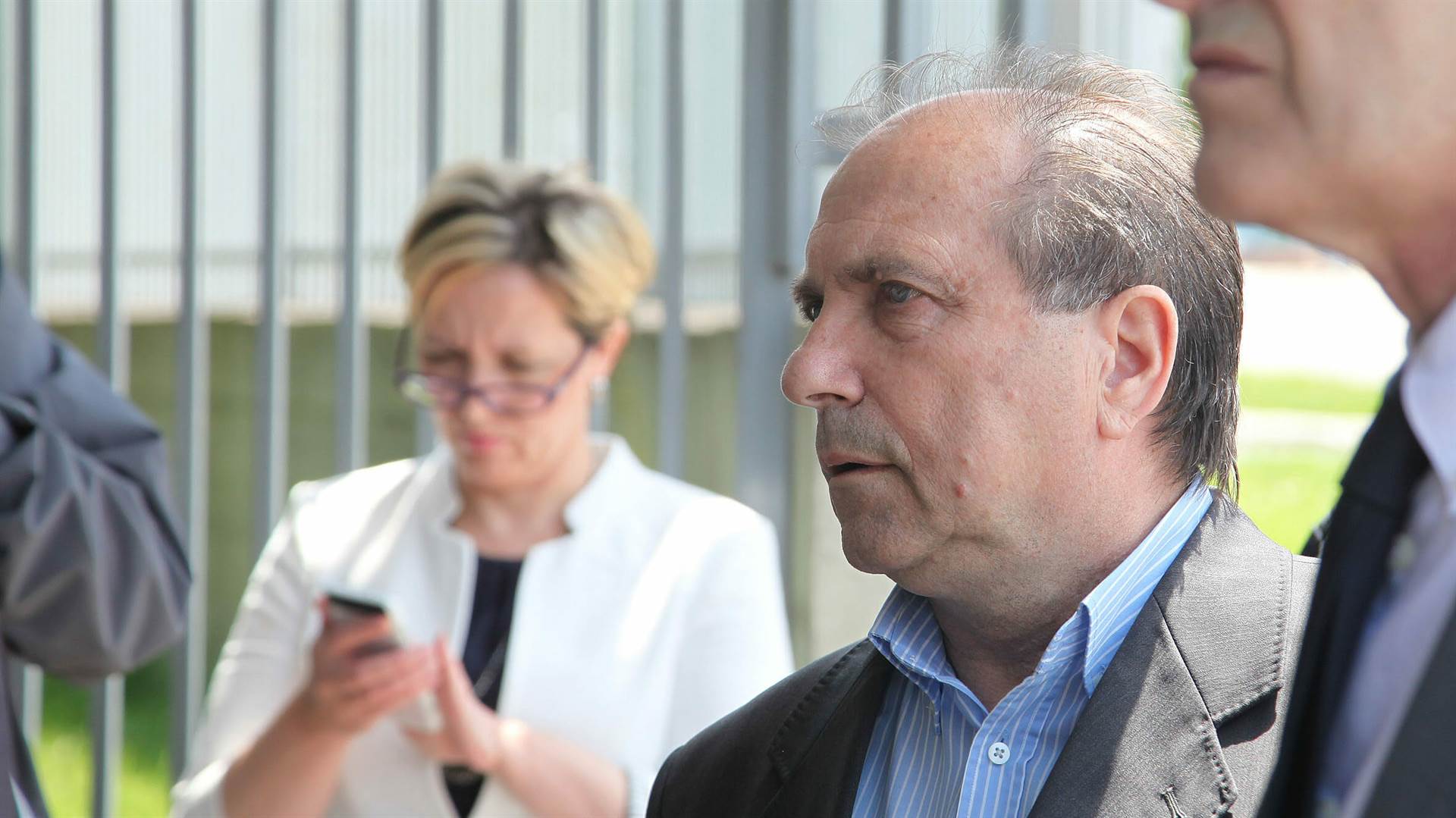A group of Bosnian Serb football fans has taken to displaying symbols associated with neo-Nazism, with apparently little fear of punishment.
In recent days, several news sites in Bosnia and Herzegovina come under attack from unknown hackers, making it difficult or impossible to access their pages and causing a fall in...
Balkan Investigative Reporting Network of Bosnia and Herzegovina, BIRN BiH, has donated the content of its database of judicially established facts about the Bosnian war to Sarajevo Canton’s Memorial Fund,...
Tributes have been paid to the victims of an artillery strike on the Bosnian town of Zenica in April 1993 that left 15 people dead, including a child – an...
Bosnia and Herzegovina recorded almost ten million cyber attacks in just one month, while it still lacks essential strategies, regulation and capabilities to protect citizens and businesses, parliamentarians heard during...
In April 1993, on one of the most tragic days of the Bosnian war, 116 Bosniaks were murdered in the village of Ahmici and 22 Croats were killed in the...
A memorial ceremony was held to mark the 30th anniversary of an artillery attack from Bosnian Serb Army positions on a school playground in Srebrenica that killed 105 Bosniak civilians.
In Bosnia and Herzegovina’s ethnically-divided schooling system, teaching about the 1990s conflict is often one-sided and excludes important war crimes verdicts – so BIRN has created a database of court-established...
Chinese and Turkish companies have had almost no competition from foreign companies in winning lucrative construction contracts worth over three billion euros in Bosnia and Herzegovina, research by Detektor reveals.
Single database resulting from two years’ work will serve as important educational tool and help counter disinformation about Bosnian war.
The Bosnian state court has asked Turkey for the extradition of Sakib Mahmuljin, wartime commander of the Bosnian Army’s Third Corps, after he failed to appear to serve his eight-year...
Bosnia-Herzegovina looks set to impose fuel import controls which Russia insists on before it will let the country join the World Trade Organization, Detektor has learnt. Fuel prices may rise...

